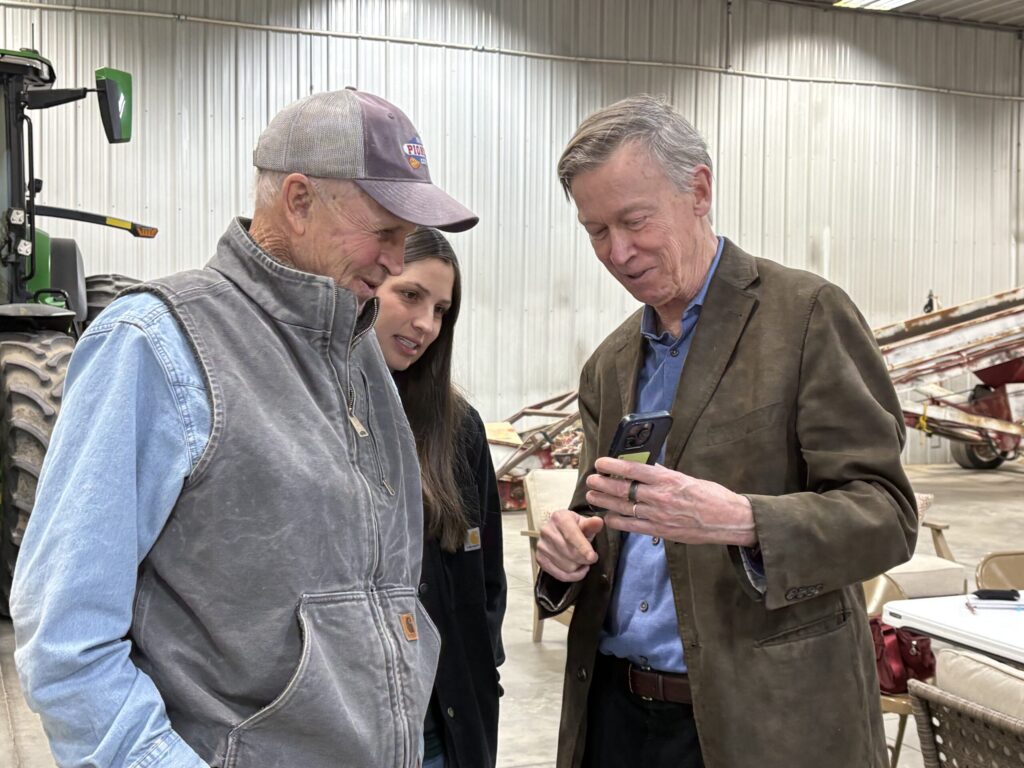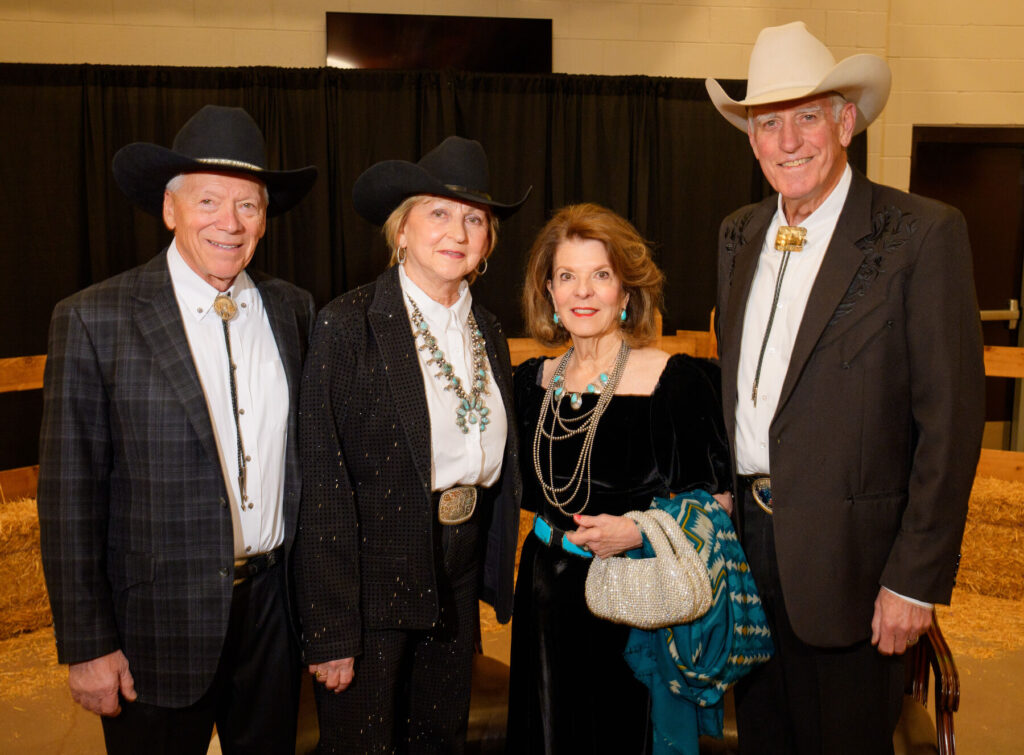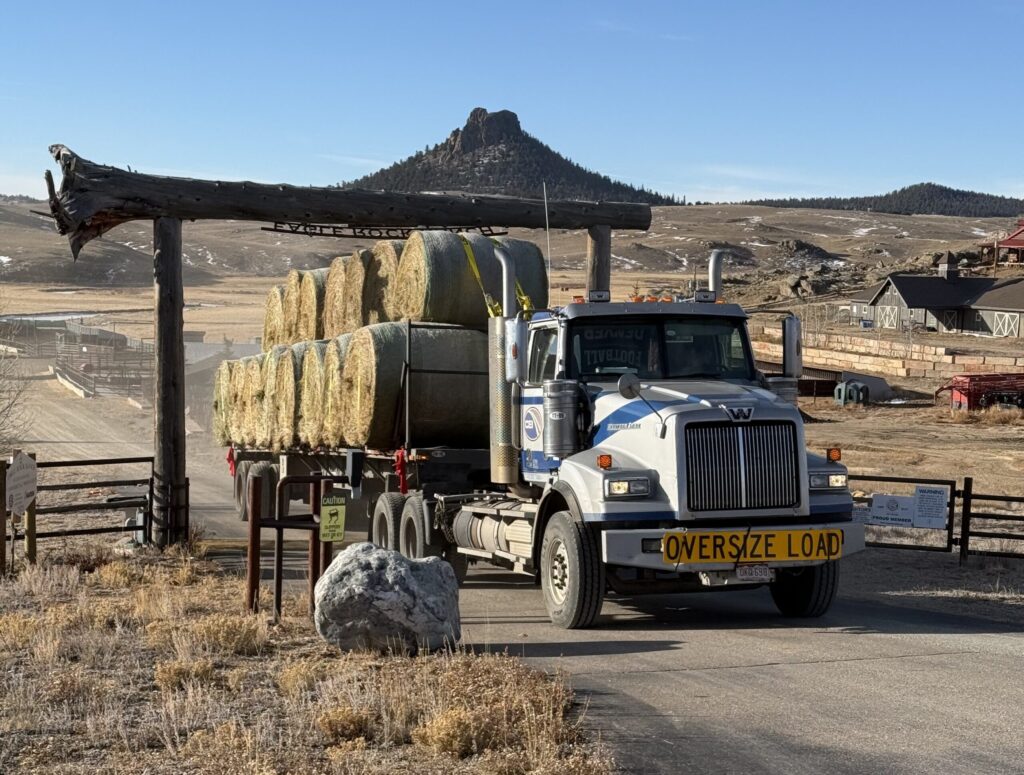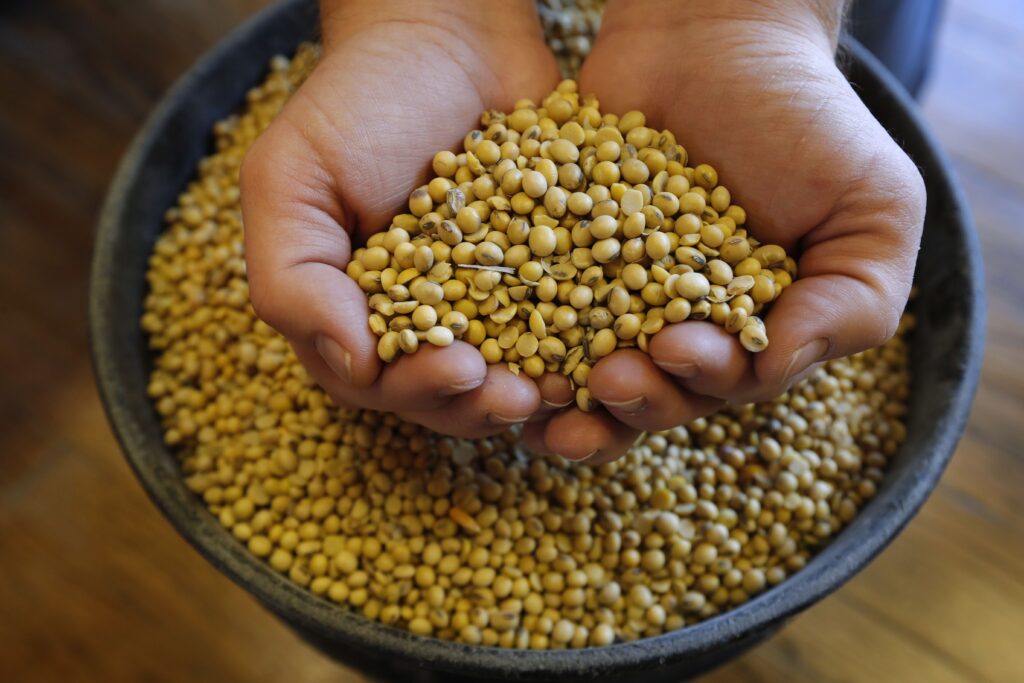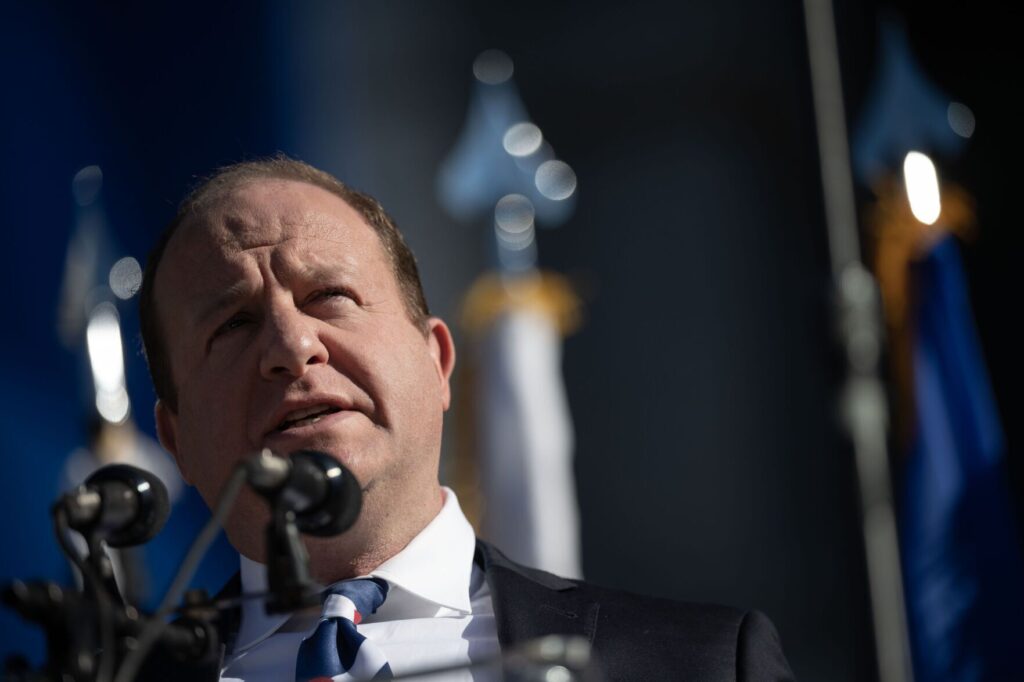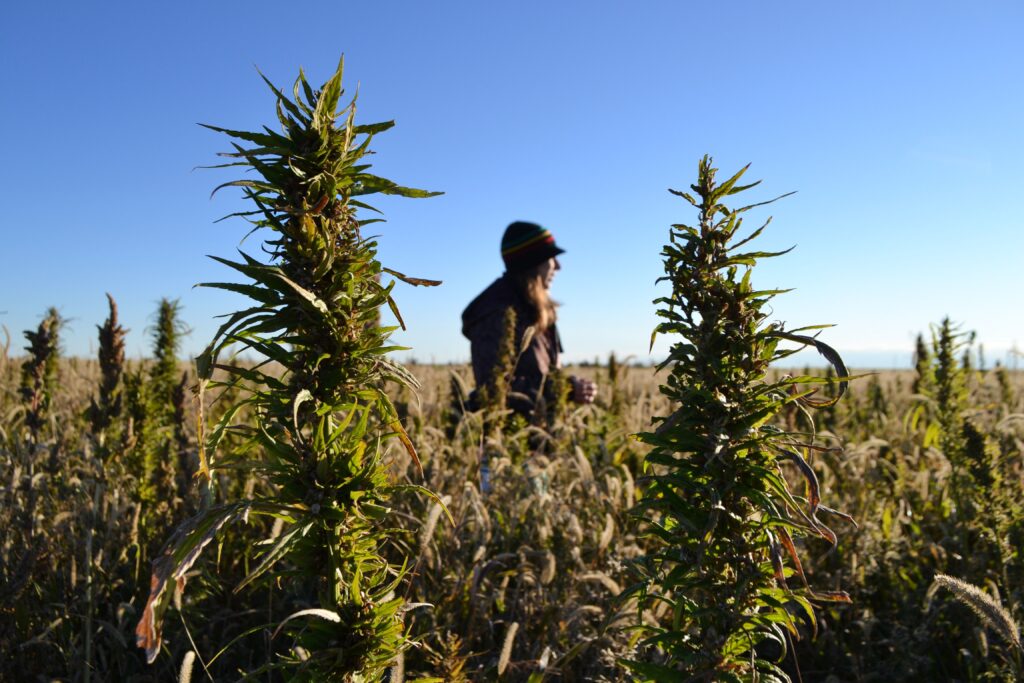Trump’s plan to import beef from Argentina draws bipartisan backlash in Colorado
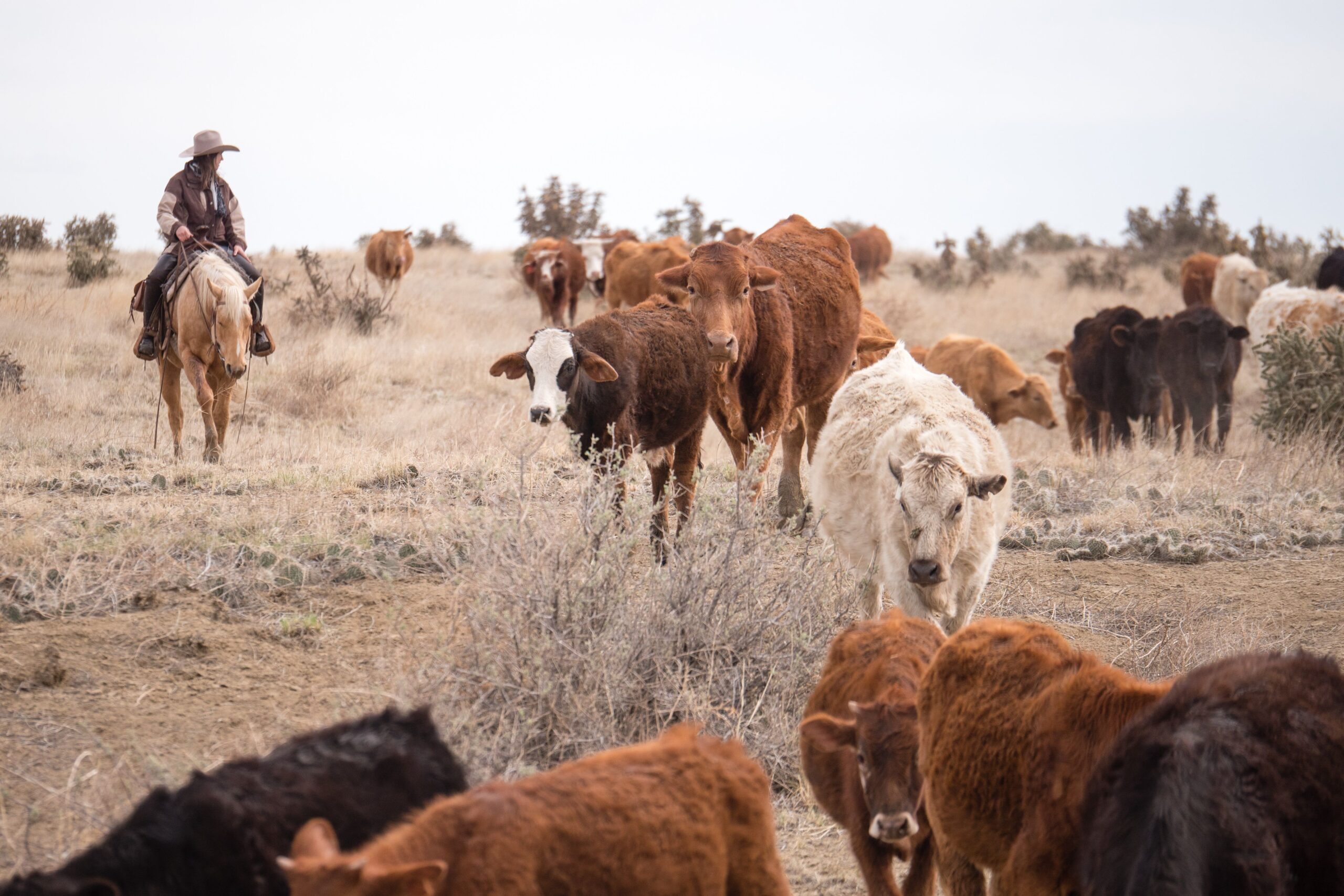
President Donald Trump’s plan to slash the record high prices of American beef by importing meat from Argentina is drawing criticism from producers and politicians on both sides of the aisle, including in Colorado, which has a robust cattle industry.
The U.S. plans to increase the tariff-rate quota for Argentina to 80,000 metric tons of beef — effectively quadrupling the amount exempt from 26.4% tariffs, a White House official said. The U.S. Agriculture Department also said it would seek to expedite regulatory reforms and increase processing capacity to lessen the impact on U.S. farmers.
U.S. Sen. John Hickenlooper, D-Denver, told Colorado Politics senators from numerous cattle-producing states are expressing their displeasure with the White House.
“This kind of ‘getting in the middle of market prices’ is not appreciated,” Hickenlooper said, adding that the president’s “meddling” has resulted in a 4% price drop and a loss in profits at a time when producers are preparing to ship cattle to market.
Those price drops might not be a big deal for the large producers, but smaller ones had set their cattle prices last spring, the senator said.
Hickenlooper said he and other senators from beef-producing states are putting together a bipartisan letter to the president. The top 13 states, including Colorado, produce more than a billion pounds of beef annually, with a value ranging from $1.65 billion for Montana to $11.35 billion for Texas.
“Let’s recognize this is not an appropriate use of taxpayer dollars, and meddling with beef producers is unwelcome interference,” Hickenlooper said.
On Truth Social, Trump on Wednesday said cattlemen “don’t understand that the only reason they are doing so well, for the first time in decades, is because I put Tariffs on cattle coming into the United States, including a 50% Tariff on Brazil.”
At the same time, he implored them to lower the cost of their products.
“If it weren’t for me, they would be doing just as they’ve done for the past 20 years — Terrible! It would be nice if they would understand that,” the president’s post said. “They also have to get their prices down, because the consumer is a very big factor in my thinking, also!”
Colorado Cattlemen’s Association President Curt Russell explained the economics behind the beef market.
Consumers are not complaining about beef prices, he said, adding the quality of U.S. beef is high and it’s safe for consumers. That high cost is tied to steaks or other high-dollar cuts, he said.
Contrast that with beef imported from Argentina, which is almost entirely used for hamburger, he said, adding Trump’s plan will have a short-term impact, while coming at a difficult time for producers.
Cattle markets run in 10 to 12-year cycles, Russell said. Right now, the market is approaching the high of that cycle — the peak in prices.
During the low point of that cycle, producers tend to lose money, but they make up for it when the cycle peaks. If prices drop, some producers — mostly large-scale ones — would be OK, but that leaves far less money to backfill the losses from previous years, he said.
Russell emphasized he’s not opposed to importing beef; the U.S. needs to import hamburger and being able to make more of it reduces prices for consumers.
Janie Van Winkle, who runs the Van Winkle Ranch near Grand Junction, agreed that importing beef from Argentina is necessary.
Only 2% of the beef in the US is from Argentina, she said. With that small of a market, it would be surprising if they could export that much more.
Beef imports from Argentina or Australia are called lean-trim. Producers in the United States have a lot of fat from their beef and that gets mixed with the lean trim and that’s what 70/30 hamburger comes from, primarily used in processed food and for fast food restaurants, Van Winkle explained.
Those imports wouldn’t affect the meat case at the grocery store because it isn’t sold there, she said. What it does impact negatively is the cattle markets, she said.
The president’s comments caused a drop in the cattle markets.
A drop of about $20 per hundred weight for a calf that weighs 600 pounds translates to a $120 loss on every calf. For 80 calves, that’s almost $10,000, Van Winkle said, adding is multiplied across families.
The critical part is the timing, she said.
“We contracted for our calves in July,” she said. Smaller producers, she added, that are selling their calves on the market now are being affected psychologically by the development.
She also said wages for US consumers have kept pace with prices for U.S. beef.
Buck Wehrbein, president of the National Cattlemen’s Beef Association, told PBS on Wednesday said the president is making a “misguided attempt to lower prices to the consumer,” adding it would negatively affect producers while doing almost nothing for consumers.
Wehrbein also said Argentina has problems with hoof-and-mouth disease and that the U.S. Department of Agriculture has not done a good job of ensuring that beef from that country is safe.
Safety is also among the worries cited by Colorado’s Republican legislators, who sent a letter Wednesday to the secretaries of the treasury and agriculture. Ranchers are “deeply concerned” about the potential for increased beef imports from Argentina and other foreign suppliers, the lawmakers wrote.
“These hardworking families have endured decades of unpredictable government interference in agricultural markets” and know that such actions often spell disaster, they said, adding the cattle market, when left alone, will correct itself through basic supply and demand.
They also asked that the administration protect U.S. herd health “by maintaining strict biosecurity protocols against foreign diseases like the New World screwworm,” which was detected in August just 70 miles south of the U.S.-Mexico border.
The letter was signed by 32 of the 34 Republicans in the Colorado General Assembly.
Across the aisle, the chairs of the House and Senate agriculture committees also issued statements in support of Colorado’s beef industry.
“President Trump’s so-called ‘America First’ policies and his reckless trade wars are hurting Colorado’s hardworking farmers’ and ranchers’ bottom line,” said Sen. Dylan Roberts, D-Frisco, and Rep. Karen McCormick, D-Longmont, in a statement Wednesday.
“Trump’s latest suggestion to purchase more Argentine beef will only cause chaos and confusion in the U.S. beef markets, undercut cattle producers and do nothing to lower the cost of beef. Flooding the market with Argentine beef will harm cattlemen and women in Colorado, who have worked tirelessly to produce high-quality beef for, in some cases, generations,” they said.


